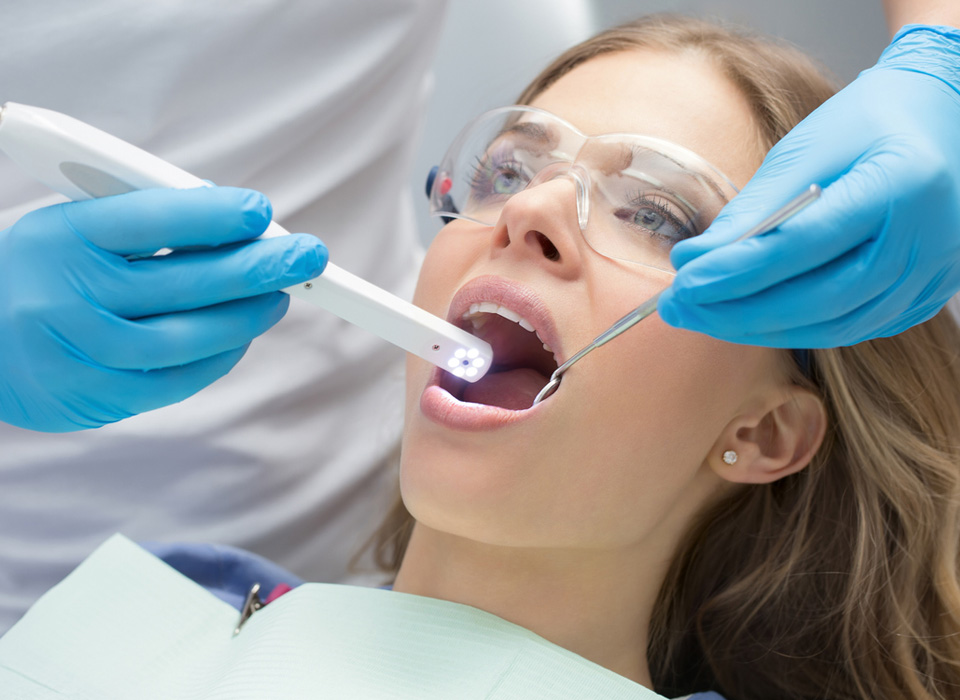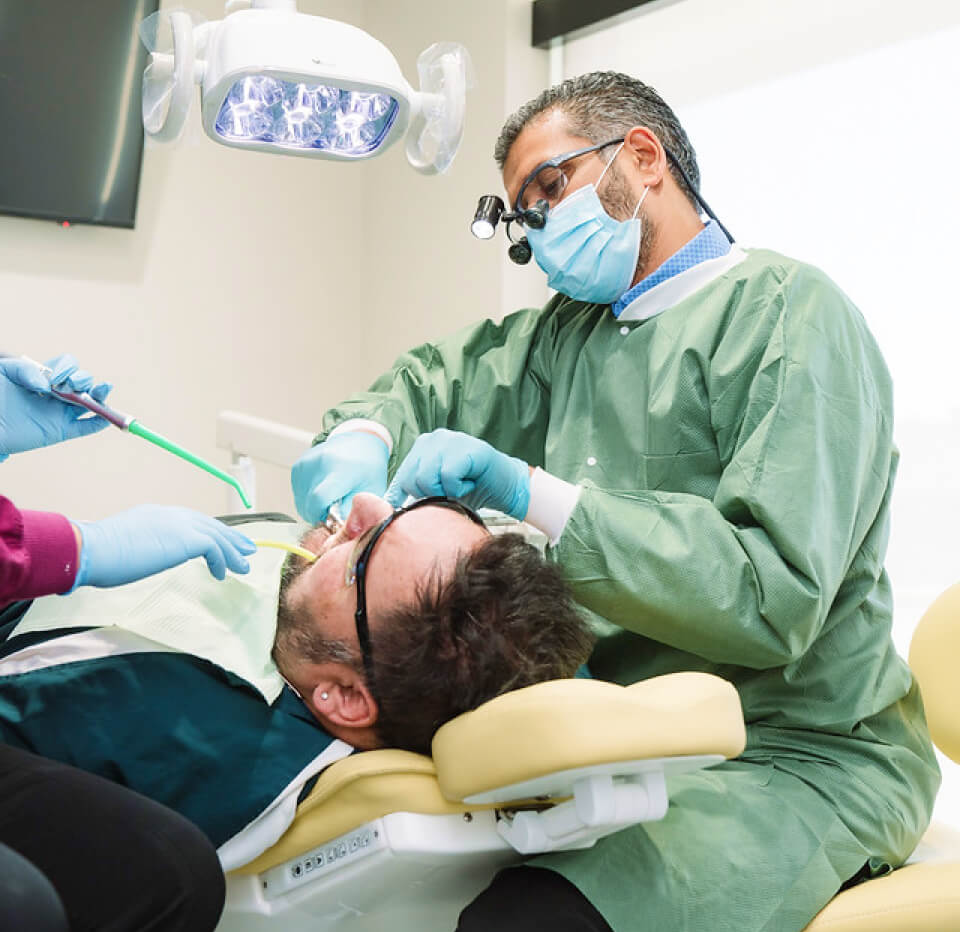Tooth Extraction

Table of Contents
Toggle
What Is Tooth Extraction?
In short, tooth extraction involves removing a tooth. Of course, we only recommend this when other options will not help. The entire process is painless and surprisingly quick, and you have plenty of tooth replacement options afterward, should you need them.
When Would I Need an Extraction?
- Reducing crowding or preparing for orthodontic treatment
- Removing a severely misaligned tooth
- Removing a remaining tooth or two to prepare for dentures
- Removing an infected tooth that a root canal cannot save
When Would I Need Wisdom Teeth Removal?
- Impacted teeth (malposition beneath the gum line)
- Wisdom teeth growing in at odd angles
- Teeth crowding and misalignment
- Discomfort and risk for infection
Usually, dentists will track a child’s development and make recommendations before wisdom teeth become a problem. But if you or your teen is having issues with their wisdom teeth, we recommend visiting us for an exam and consultation.
Benefits of a Tooth Extraction
- Improved comfort
- Alleviated symptoms (pain, soreness)
- Less crowding
- Preserving oral health
Tooth Extraction Overview
- Anesthetic: Most simple extractions require only local anesthetic. For more complex extractions or for some wisdom teeth removal cases, patients may receive sedation.
- Removing the Tooth: Your surgeon will carefully cut the tooth free from the gum. They take care to minimize any damage to the gum. In some cases, we may need to break the tooth into smaller pieces to remove it more efficiently and safely.
- Sutures: Simple extractions may not even require stitches. When sutures are required, we use a type that will eventually come out on its own.
- Wrapping Up: If you had sedation, you can rest for a time at the office until ready to go home. However, you will need someone to drive you. For simple extractions with local anesthetic, you can return home immediately and even drive yourself.
Tooth Extraction FAQs
Is tooth extraction painful?
Not at all! Many patients report their surprise at how quick and pain-free the extraction process is. After the anesthesia wears off, you can feel some pain for a few days. Patients can manage this with either prescribed medication or OTC pain relievers as needed.
How long is the recovery for tooth extraction?
The gums heal very quickly. However, even simple extractions can take a few days to heal. Some patients can be back to work within 2 days, but the full recovery can take up to 2 weeks, depending on individual factors.
How long is the recovery for wisdom teeth removal?
Milder cases may require only about 3 to 5 days off from school or work for recovery. By this time, most of the swelling should resolve, and you should feel minimal discomfort. However, the full recovery time can take up to 2 weeks.
What should I do after my extraction?
- Keep the site clean (salt water rinse or anti-microbial rinse as instructed).
- Use ice packs (outside the mouth) to help with swelling.
- Avoid using straws or creating suction in your mouth (e.g., forceful spitting)
- Avoid strenuous activity
- Restrict your diet to soft foods
What are alternative treatments?
When wisdom teeth need removal, the only viable solution is to remove them. Otherwise, they can continue to cause increasing issues. However, for extractions, we only use them as a last resort. We always explore other restorative options before suggesting full tooth removal. In some cases, we can save the tooth with a root canal. Or we could clear away decay and cover the tooth with a crown. Sometimes, though, removing a tooth proves the best way to preserve your overall oral health.
Schedule Your Appointment
Fill out our appointment form to book a visit and see what we can do for your smile, including pain-free wisdom teeth removal. In emergency cases, you can directly call our office for same-day tooth extraction in Glendora.

Read more reviews on

We are proudly associated with






